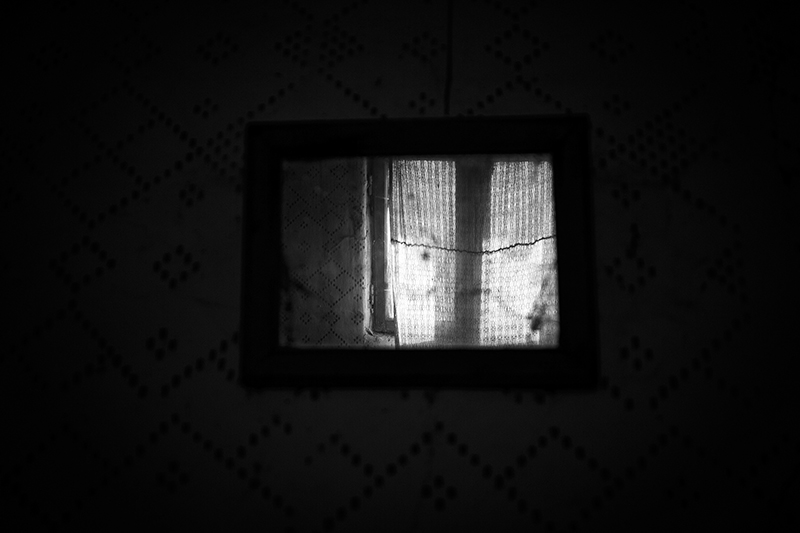
La ceai, la fel cu ceilalţi, şedea.
C-apucă altfel ceaşca, la-nceput,
– puţin altfel ca alţii – mi-a părut.
Şi brusc zâmbi. Aproape că durea.
Când în sfârşit ei s-au sculat vorbind
şi la-ntâmplare şi încet treceau
prin multe încăperi (vorbeau, râdeau),
eu am văzut-o. Celorlalţi urmând,
Închisă-n ea ca cea ce va să-nceapă
să cânte, în curând, pentru mulţime;
pe ochii bucuroşi, în limpezime,
lumina se-ntindea ca peste-o apă.
Urma încet şi-un timp îi trebuia,
parc-ar fi fost ceva de depăşit,
şi parcă, după ce va fi suit,
ea nu va mai umbla, ci va zbura.
(Rainer Maria Rilke, Cea care orbește)
–
She sat just like the others at the table.
But on second glance, she seemed to hold her cup
a little differently as she picked it up.
She smiled once. It was almost painful.
And when they finished and it was time to stand
and slowly, as chance selected them, they left
and moved through many rooms (they talked and laughed),
I saw her. She was moving far behind
the others, absorbed, like someone who will soon
have to sing before a large assembly;
upon her eyes, which were radiant with joy,
light played as on the surface of a pool.
She followed slowly, taking a long time,
as though there were some obstacle in the way;
and yet: as though, once it was overcome,
she would be beyond all walking, and would fly.
(Rainer Maria Rilke, Going blind)